6. Interstellar (2014)
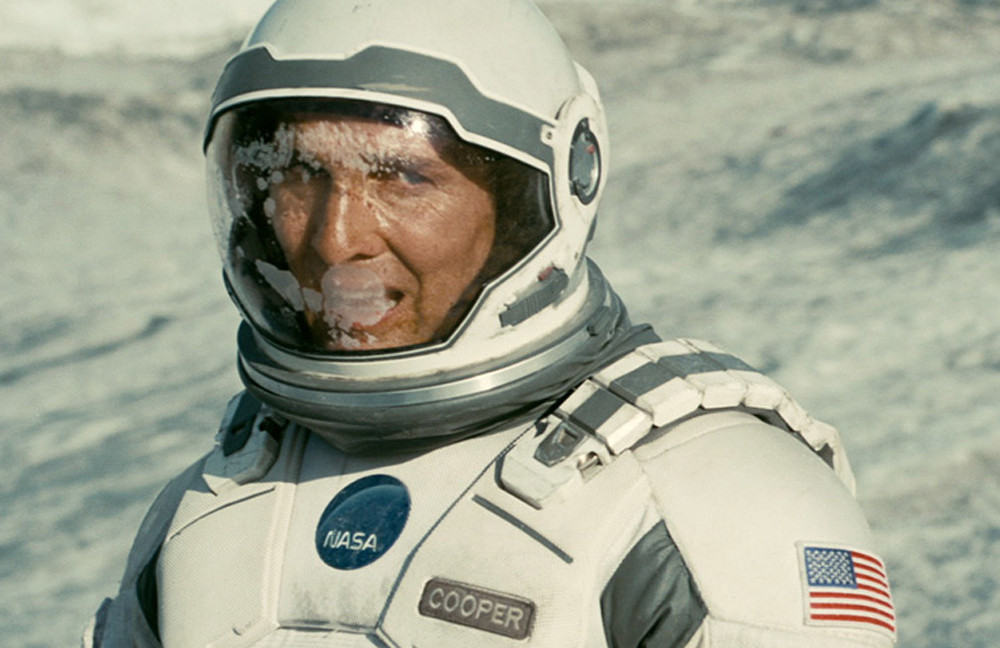
Christopher Nolan goes supernova, channeling his inner Kubrick and making his own 2001 rendition. But while the former is still hailed as the golden standard for visual storytelling, relying not in dialogue but imagery to convey emotions and themes, Interstellar comes with a baggage full of red flags in that regard. Nolan certainly aims high with his cerebral sci-fi odyssey, but can only do so by bringing out his worst tendencies in the process. All of Interstellar’s plot holes have been picked apart and analyzed ad infinitum, but arguably the biggest sin of all is the inflated sense of self-importance that the film boasts at every turn.
For a movie banking so much of its premise on a corny “love transcends time and space” tagline, it carries over a smug and almost heartless approach — far more concerned with rushing to story bullet points than anything else. Which takes us back to Nolan’s problematic way of delivering information and his inability to show and don’t tell. Almost every dialogue line in the film is as dry as an assembly manual, wholly dedicated to spoon-feeding the audience with overwrought explanations of the quantum physics shenanigans in play.
And despite all of its shortcomings, Matthew McConaughey’s solid performance and Hans Zimmer’s epic soundtrack come real close to single-handedly redeeming the whole movie. To this day, Interstellar remains a deeply flawed (and entertaining) blockbuster that serves as a textbook example of Nolan’s biggest strengths and weaknesses as a director.
5. Batman Begins (2005)
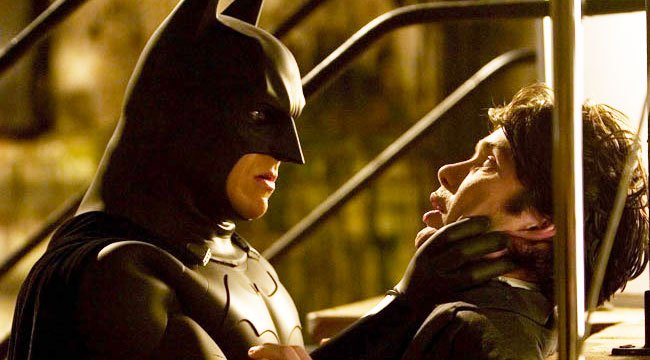
With our current landscape of shameless corporate profiteering, endless ‘universe’ worldbuilding and risk-averse sequels, it’s easy to take for granted how groundbreaking this film was back in 2005. Long before Kevin Feige’s dark reign as ringleader of the biggest pop culture monopoly to date, Christopher Nolan completely revitalized — and in a way legitimized — what was, until then, a frowned-upon genre like comic book adaptations.
Fans had clamored for decades for a worthy cinematic rendition of their favorite caped crusader. Warner Bros decided to do a complete do-over of the property after running into the ground in the late 90’s. Enter Christopher Nolan — who should be rightfully credited for finally putting some grit and muscle in his neo-noir take on Gotham. As an origin story, Batman Begins perfectly lays out the groundwork for the rest of the trilogy, giving it a far more grounded and somber treatment compared to the pulpy campiness of Tim Burton and Joel Schumacher.
In retrospect, this film set up the table for a wave of edgy superhero flicks that more often than not have shown an unbearable need of reaffirming their own seriousness (looking at you, Snyder). Meanwhile, Batman Begins feels far more comfortable in its own skin than any of the copycats that followed it.
4. The Prestige (2006)
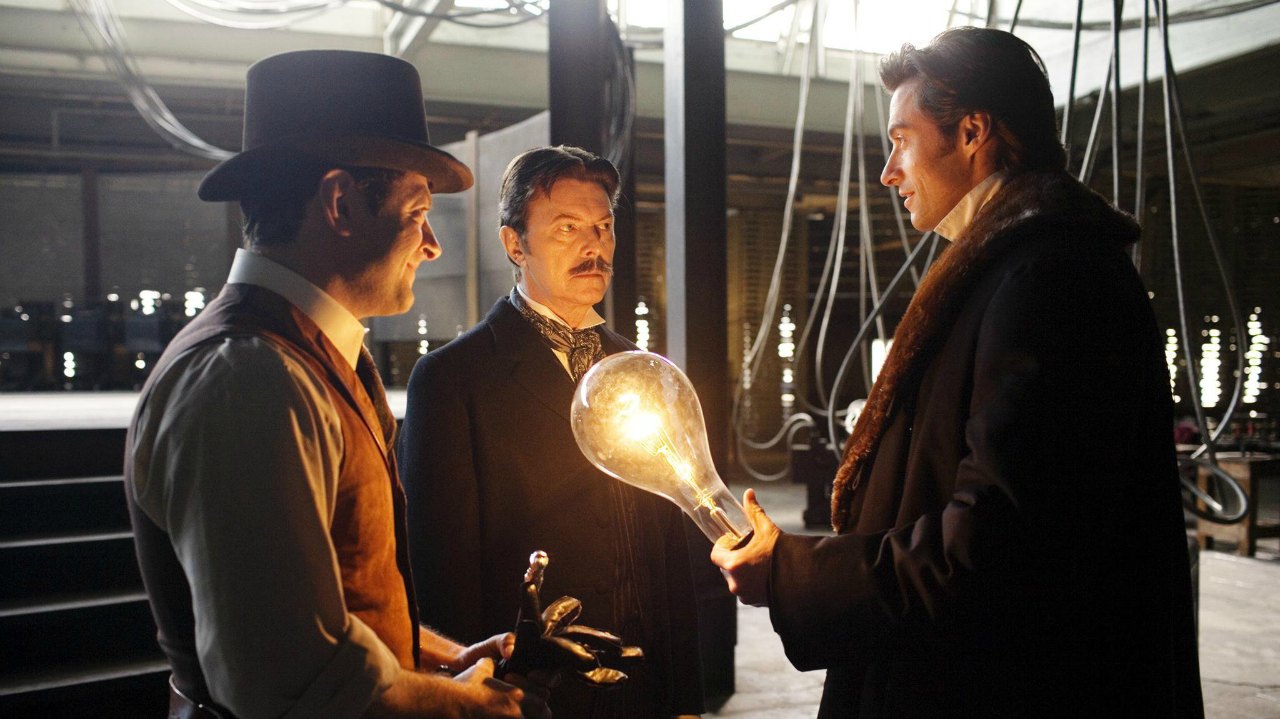
If there ever was a movie tailor-made for an audience who’s grown up on IMDb message boards and YouTube reaction videos — that’s The Prestige. Bursting with blink-and-you-miss-it easter eggs, witty foreshadowing and a slick plot twist that hits you like a freight train, arguably no Nolan movie has warranted as many repeated viewings and in-depth discussion as this one. While in the past he’s struggled to keep the viewer at bay, Nolan plays his cards close to his chest here (no pun intended) and masterfully withholds information for maximum suspense.
The Prestige proved many things. First, that Memento and Batman Begins weren’t a fluke at all and that Nolan was here to stay — if those two movies marked his arrival, this one officially established him as one of the hottest commodities in all of Hollywood. Second, and most importantly, it showed that in this day and age, an ending can make or break a movie. One can trace back the big rise of ‘mindfuck’ movies and attribute it to the success of films like The Prestige. It served as a wake-up call to all producers and creators that you can dominate the conversation by introducing a memorable, subversive twist at the end of your story. Nolan surely learned his lesson and doubled down with an even more intriguing climax to Inception, in what seemed to be an ending deliberately conceived to trigger online debates.
3. Inception (2010)
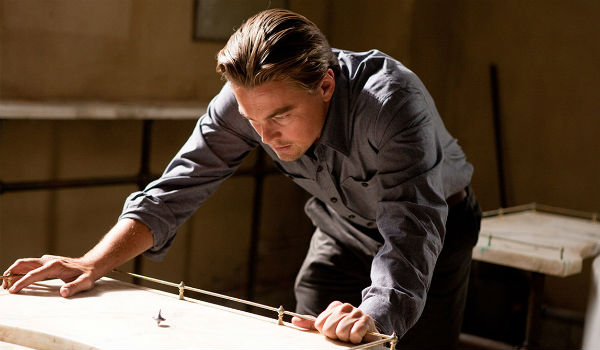
In all likelihood, Inception is and will always remain the ultimate Christopher Nolan movie. It came at the perfect stage of his career, fresh off the earth-shattering Dark Knight when Nolan’s public rep was at an all-time high. It’s also the product of a filmmaker in full command of his craft and a distillation of all the themes he’d been nurturing throughout his career. If there’s a recurring motif in Nolan’s work is his fixation with time — something that plays a huge part on some of his biggest hits like Interstellar or Tenet and that once again takes center stage here.
It’s hard to truly comprehend the cultural shockwaves that Nolan sent with this movie. It all boils down to the same winning formula that’s brought him instant recognition and critical acclaim throughout his career. Inception is that rare breed of a film that’s infinitely more accessible than arthouse cinema, but also far more sophisticated than your average summer blockbuster. It gets the best of both worlds, from high production values and an all-star cast to a deft director firing on all cylinders. As a result, it can be enjoyed at a surface level by casual viewers while also being layered enough to stand the scrutiny of the pickiest cinephiles.
Granted, all of this doesn’t stop Nolan from indulging in some of his worst habits — mainly treating characters as empty plot vessels and chewing out the film logistics in long, rambling monologues. Yet, the sheer entertainment value of the movie makes it easy to brush off any gripes you may be left with.
2. The Dark Knight (2008)
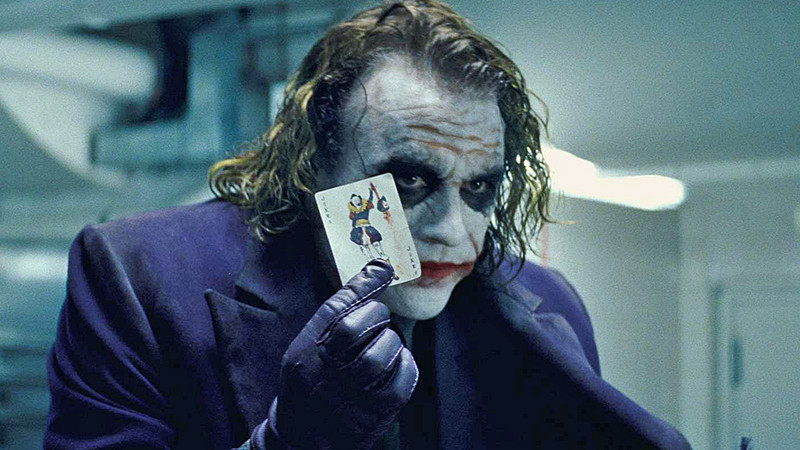
When writing about one of the most chewed over and scrutinized pieces of media — let alone movies — of the past twenty years, any attempt at adding something new to the discourse risks falling into deaf ears. Is there really anything left to discuss about this era-defining juggernaut?
Something you can say about The Dark Knight is that it carried out to do exactly what any worthy sequel should — breathing new life into the saga by upping the stakes and improving upon the original all across the board. The film is perfectly capable of standing on its own and triumphed precisely in what The Dark Knight Rises would later fall short — building up on the themes of its predecessor without simply riding on its coattails. Similar to Raimi’s second Spider-Man movie, it drives home an important message — taking on the hero’s mantle is not a privilege but a burden that takes a heavy toll, but it’s precisely that selfless sacrifice that defines greatness.
It wouldn’t be a stretch to say this is one of the best-paced blockbusters we’ve gotten in recent memory. Even though it clocks in just north of 2.5 hours, the story never wavers and keeps unfolding at a staggering pace. Is it a perfect movie, or the best thing since The Godfather, as it’s often made out to be? Certainly not. But it’s Christopher Nolan at the height of his powers, operating at an insane level of confidence that we’ve yet seen him pull off again.
1. Memento (2000)

Bookending this list, we turn to Nolan’s magnus opus, the film where he found the perfect marriage between his characters and ambitious concepts. Memento makes use of one of the director’s overtly familiar tropes — a deceased wife — by putting us in the shoes of a man trying to track down the criminal who raped and killed his. The catch? That he has to do so while being riddled with a short-term memory loss condition that makes him incapable of retaining new memories. As far as Nolan puzzles go, this one never loses sight of the emotional backbone gluing it together — you can strip away its jaw-dropping twist and labyrinthine structure and still be left with a compelling story about a broken man coming to terms with his past.
In this case, the nonlinear narrative is not just a cheap gimmick but the defining trait of the whole movie. While many of Nolan’s riddles tend to overstay their welcome and bite more than they can chew, Memento never loses a step and holds up even in repeated viewings — something that certainly can’t be said for Interstellar or Tenet. Over twenty years later, this one feels just as fresh — far more than any of his late-period thrillers — mostly because it has a sense of self-contained scale and remains focused at all times.
One can only wonder what would’ve been of Nolan had he taken a different career path, because for all the bombastic set pieces and glossy spectacles that followed, Memento still remains his crowning jewel.